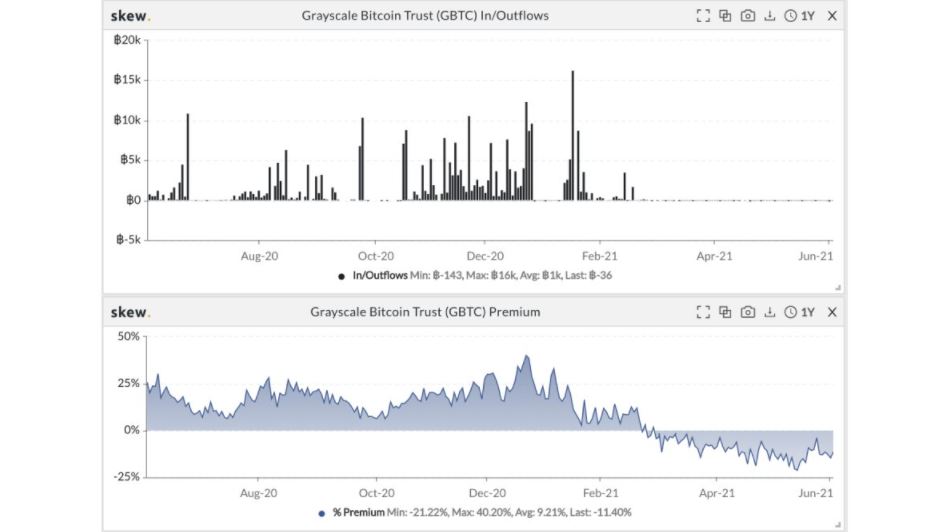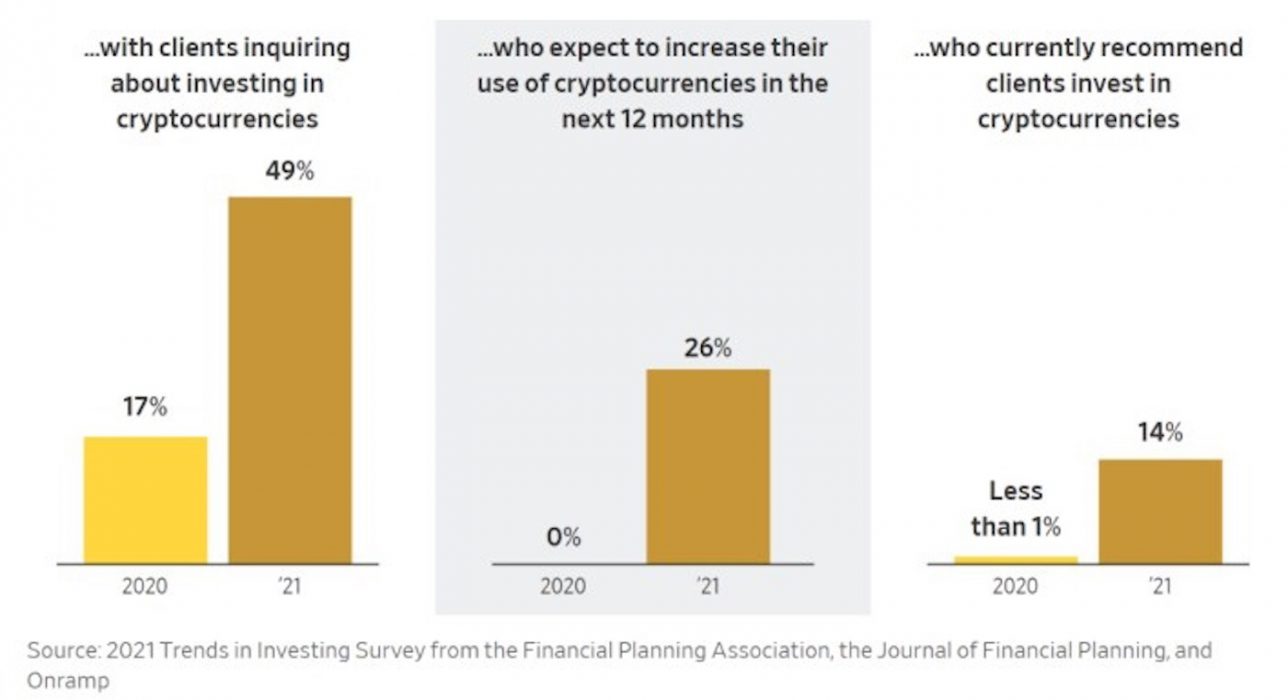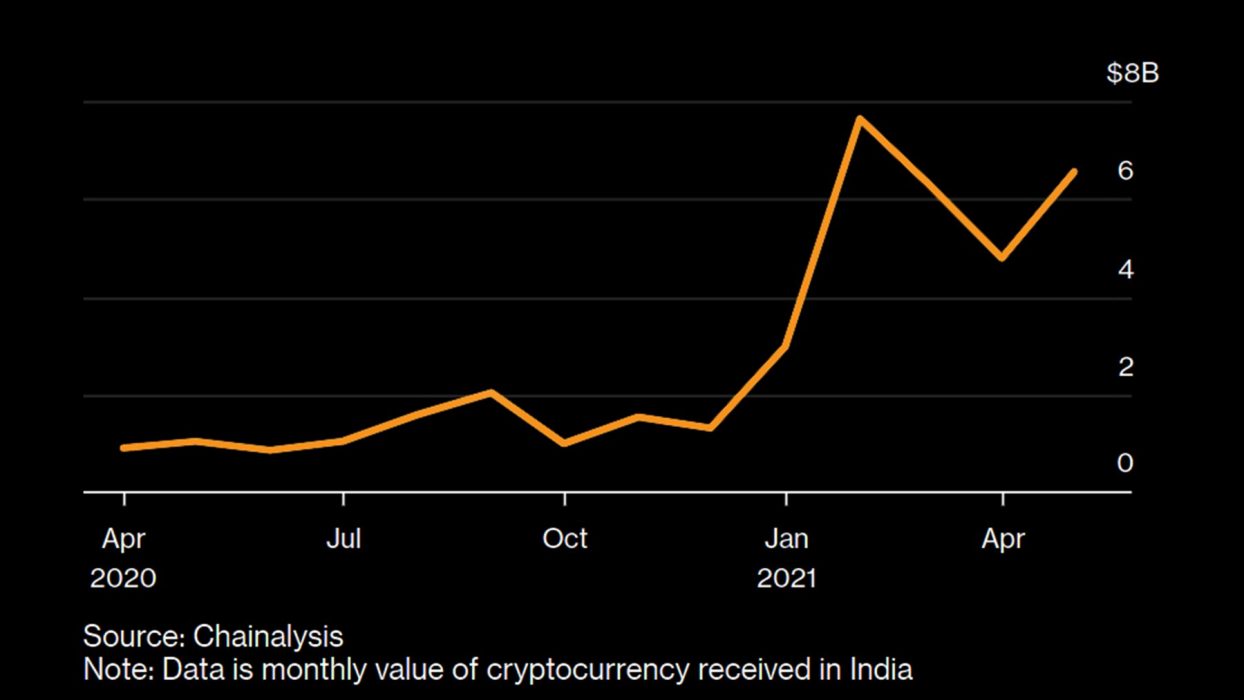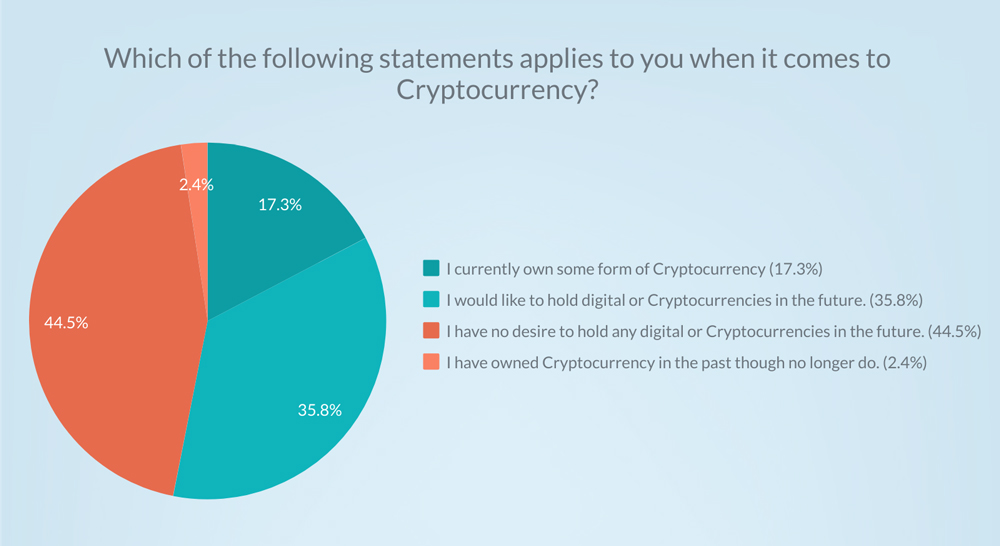As more and more different cryptocurrencies continue to emerge, the volatile nature of these new coins and tokens resembles many similarities to penny stocks.
Just like Jordan Belfort in the film The Wolf of Wall Street capitalized on the high risk, high reward traits that are associated with penny stocks, Bitcoin and other smaller cryptos represent similar lucrative opportunities for investors and traders.
With companies like Tesla, Paypal and Square joining the crypto world, let’s take a look at some smaller Bitcoin penny stocks currently on the blockchain.
Lets take a look at our Top 10 “Bitcoin Penny Stocks”.
Known as the leading torrent software site, BitTorrent launched their BitTorrent Token on the blockchain in 2019 and it has risen by a huge 37.5% in the last 24 hours.
Price: $0.006835 AUD (March 2021)
Launched in December 2019, Dent is an open source project under the umbrella of Linux Foundation that enables users to buy and sell mobile bandwidth. The Ethereum-based cryptocurrency has been a big hit with investors recently and has gone up by 4.56% in the last 24 hours.
Price: $0.02 AUD (March 2021)
Revain is an unbiased review platform built on blockchain technology that aims to prevent fake reviews and unfair feedback from causing problems to businesses. The token based currency is down 0.31% in the last 24 hours.
Price: $0.02 AUD (March 2021)
Born in 2017, the Pundi X project is an open source payment ecosystem that aims to ease crypto payments via Ethereum-based point-of-sale terminals. ‘Pundians’ have seen rapid growth over the last couple of years and the price of NPXS has gone up 2.2% in the past 24 hours.
Price: $0.01 AUD (March 2021)
Holochain is a distributed computing network, rather than a decentralised one, that claims to have infinite scalability and therefore the potential to perform faster than blockchain technology. The ERC -20-based token is certainly HOT at the moment after rising 29.96% in the past 24 hours.
Price: $0.02 AUD (March 2021)
Sia was founded by developers David Vorick and Luke Champine back in 2013 when the then computer science students decided to develop a decentralized cloud storage platform similar to Dropbox. Currently down 2.75% in the past 24 hours.
Price: $0.03 AUD (March 2021)
Nervos Network is a layered crypto-economy made up of a collection of protocols that solve the biggest challenges facing the blockchain. The price of CKB has soared in the last 24 hours, rising by 27.54%.
Price: $0.05 AUD (March 2021)
You may recognise the Dogecoin logo from the famous internet meme that went viral in 2013. Despite being introduced as a joke currency in December that year, the coin was a big hit and reached a market capitalisation of US$60 million within weeks. Dogecoin has gone down 0.7% in the past 24 hours.
Price: $0.07 AUD (March 2021)
IOST is a decentralised blockchain network that aims to build an online structure that meets the security and scalability needs of a decentralised economy. Launched in January 2018, IOST rose by 2.55% in the last 24 hours.
Price: $0.07 AUD (March 2021)
TRON’s mission is to build a free, global, digital content entertainment system with distributed storage technology. The Ethereum-based coin was founded in 2017 and has gone up by 4.06% in the last 24 hours.
Price: $0.09 AUD (March 2021)
Like all cryptocurrencies, these Bitcoin penny stocks are extremely volatile, and susceptible to immense market fluctuation at the drop of a hat, or a tweet for that matter. But the above coins and tokens are some of the cryptocurrencies that are currently offering the most potential in the fast-paced world of digital assets.



















